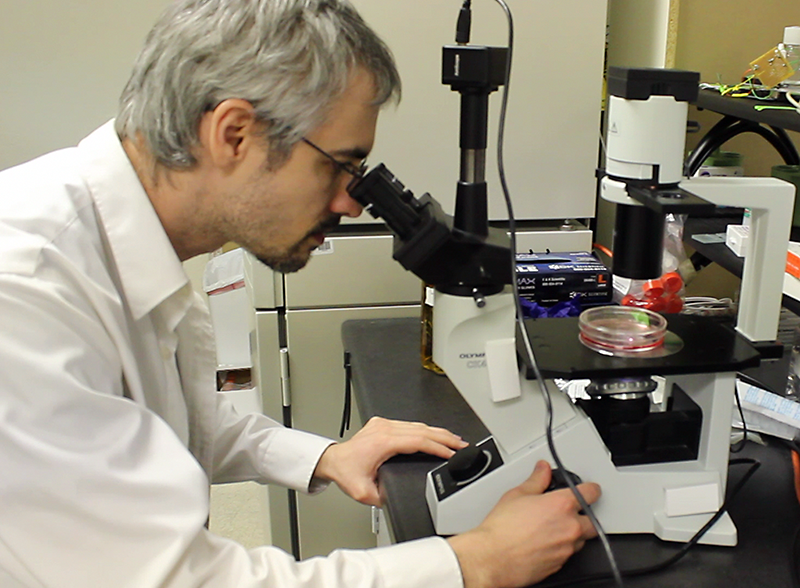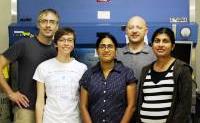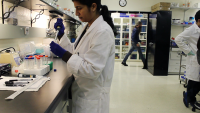Online friends
Search Articles
Tag Cloud
- depression
- intro
- anxiety
- piracetam
- supplements
- nootropic
- aging
- longevity
- Hello
- noopept
- Dopamine
- modafinil
- brain
- c60
- cancer
- ADHD
- resveratrol
- stack
- 07-04-2015
- health
- choline
- 01-04-2015
- memory
- new
- Aniracetam
- nad+
- nmn
- sleep
- introduction
- diet
- Exercise
- brain fog
- mitochondria
- ----
- rapamycin
- anhedonia
- life extension
- pramiracetam
- oxiracetam
- phenibut
- serotonin
- Supplement
- GABA
- stem cells
- cryonics
- research
- brain health
- ssri
- alcar
- nootropics
Fight Aging News
-
March 2025 Longevity Review
As the flowers are finally starting to bloom in m...
Apr 25 2025 05:25 PM Read Full Story -
OS-01 Peptide Tested in Skin Aging Pilot Study
A recent study featured in the Journal of Cosmeti...
Apr 25 2025 04:00 PM Read Full Story -
Reviewing the Present State of Aging Clocks
This open access paper could serve as an introduc...
Apr 25 2025 10:22 AM Read Full Story -
Endothelial Cell Senescence is Probably Important in Atherosclerosis
To what degree is it possible to slow or regress...
Apr 25 2025 10:11 AM Read Full Story -
Reviewing the Effects of the Mitochondrial Unfolded Protein Response
Proteins make up most of the cogs, wheels, and sw...
Apr 24 2025 05:08 PM Read Full Story -
How Fisetin May Fight Blood Vessel Calcification
In Aging, researchers have described how the well...
Apr 24 2025 04:00 PM Read Full Story
LongeCity Research Support 2013: Mitochondrial Gene Therapy

After careful consideration of a very competitive round this year, we are delighted to have identified a research team and project that we can warmly recommend for community funding:
DEVELOPMENT OF AN INNOVATIVE GENE THERAPY METHOD TO CURE MITOCHONDRIAL AGING-
"BACKING UP" THE MITOCHONDRIAL GENOME
Background:
Mitochondria, the power plants of the cell, contain their own DNA. Unlike the nucleus, mitochondria lack an efficient system to repair damaged DNA, and this damage accumulates over time. As we age, these accumulated mutations result in an increase in oxidative stress throughout the body. It is no coincidence that organisms which age more slowly consistently display lower rates of mitochondrial free radical damage. Reversing and/or preventing damage to mitochondrial DNA may be a key factor in slowing the aging process.
The Research Project:
In this project, engineered mitochondrial genes will be used to restore function to cells that contain defective mitochondrial genes.
The SENS team is developing a unique method for targeting these genes to the mitochondria; this step has been the bottleneck in research on this topic over the last decade. In their system, the mRNA from the engineered mitochondrial gene is targeted to the mitochondrial surface before it is translated into a protein using a co-translation import strategy. Once imported, it is incorporated into the correct location in the inner mitochondrial membrane. The long-term goal of this project is to utilize this improved targeting strategy to rescue mutated mitochondrial DNA and thereby prevent and cure one of the major causes of cellular aging.
The Team:
Dr. Matthew 'Oki' O'Connor former Post-Doctoral Scholar at the Bioengineering Department University of California Berkeley (PI: Irina M. Conboy) is now a Senior Researcher at the SENS Research Foundation Research Center in Mountain View, California
-- --the team
--the team  --the lab
--the lab
Research brief here:
View attachment: LCSci2013_3.pdf
Or here
You can pose questions to the researcher here.
CLICK TO DONATE









































8 Comments
Please email treasurer@longecity.org.
Contribute today for the greatest 'bang for your buck' effect in supporting anti-aging research you can find this year!
All donations are trebled!
View the full article
In case you were not counting, our organization still has a 100% success rate of funding life extension research. Every fundraising goal for the last 5 years has been met or exceeded.